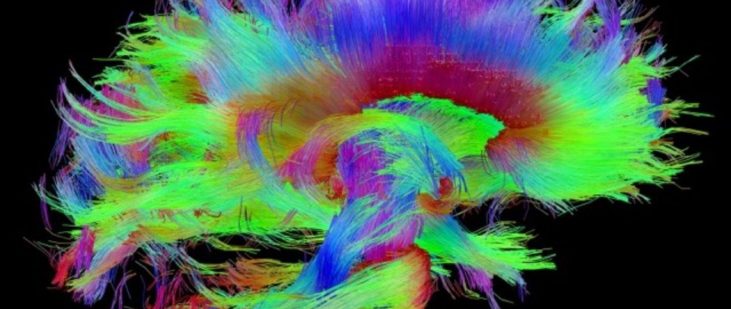CLBB Co-Director Dr. Judith Edersheim will be one of the featured speakers at “Synaptic Gap: 21st Century Brain Science Meets Mental Health Treatment and Policy“, a HUBweek 2016 event that will explore ways to connect the latest advances in neuroscience with mental health treatment and policy. She will be interviewed by award-winning Boston Globe columnist Kevin Cullen.
The event will take place on Wednesday, September 28th from 7:30am – 4:30pm at Starr Center, 185 Cambridge Street, 2nd Floor.
Make sure to register for the event here!
More about the event, from the HUBweek website:
Some of the most exciting and world-changing advances in medicine are happening in neuroscience.
Unfortunately, mental health treatment and policy are not keeping pace. Massachusetts General Hospital convenes a provocative one-day forum to look beyond the present day access and payment obstacles.
The forum will invite and challenge the health care community to shape a future that is both grounded in the latest brain science and connected to mental health treatment and policy. The spirit of HUBweek, its focus on solving tough problems, and the timing as we approach the Presidential election provides a tremendous opportunity to re-energize the health care community to use the extraordinary advances in neuroscience to lead the future of mental health care in our nation.
Join clinicians, researchers, policy makers, advocates, business leaders and elected officials as we work together to: translate advances in brain science to individual patient care and treatment policy; find new ways to meet demand through non-traditional approaches to care in an environment of cost accountability; take a critical look at the economics of mental health; and promote resilience and hope.
Who it’s for: health care policy makers, clinicians, researchers, advocates, elected officials
Vibe: thought-provoking, challenging, energizing



